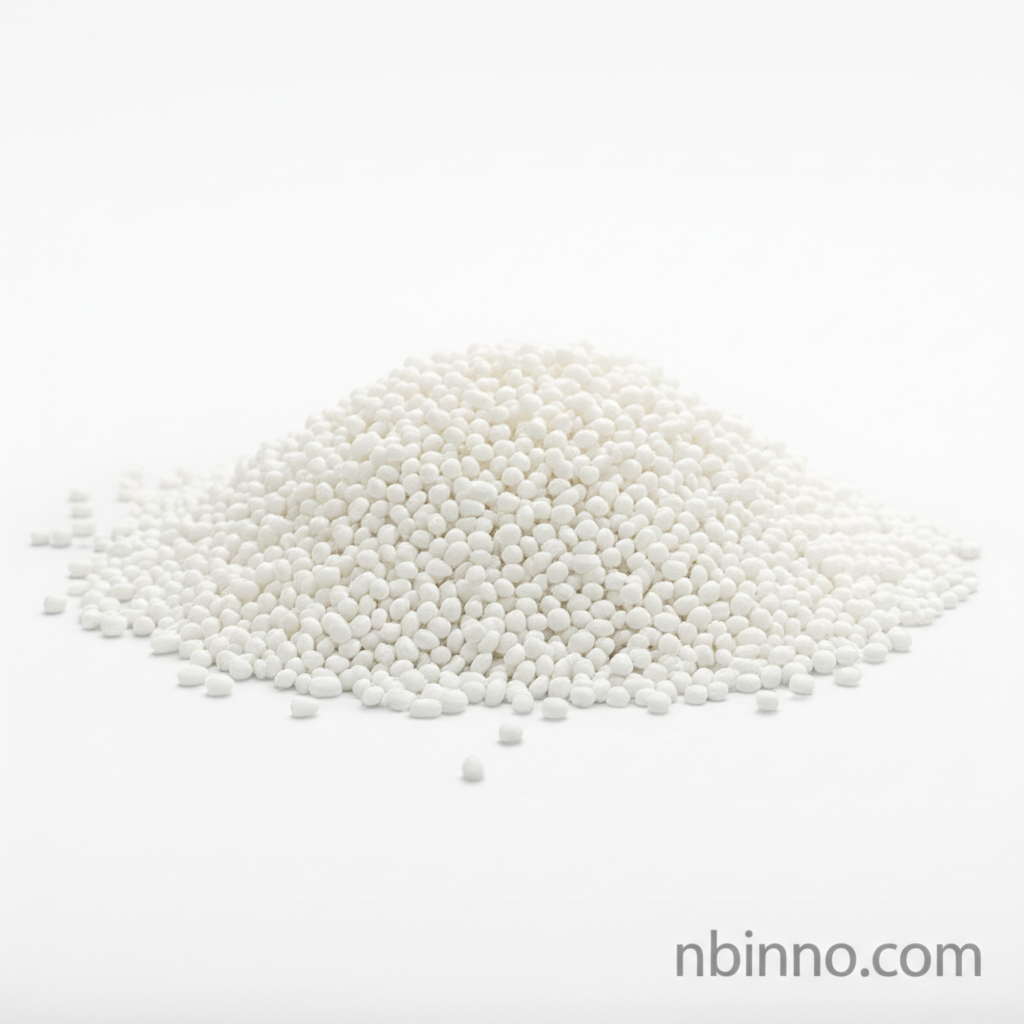Polycaprolactone (PCL): Properties, Applications, and Advantages for Diverse Industries
Discover the versatility of Polycaprolactone (PCL), a biodegradable and biocompatible polyester revolutionizing industries from advanced polyurethanes to 3D printing materials and specialty adhesives.
Get a Quote & SampleProduct Core Value

Polycaprolactone
As a leading supplier in China, TNJ Chemical provides high-quality Polycaprolactone (PCL). PCL is a synthetic, semi-crystalline, biodegradable polyester with a melting point of approximately 60 °C. Its unique molecular structure allows for easy manipulation and blending, making it a valuable component in numerous industrial applications. Its biodegradability and biocompatibility make it an environmentally conscious choice for various manufacturing needs.
- Explore Polycaprolactone properties for advanced material development, offering a unique combination of flexibility and toughness.
- Learn about PCL applications in high-performance polyurethane resins, ideal for coatings and adhesives.
- Understand the benefits of biodegradable polyester as a sustainable alternative in manufacturing processes.
- Discover PCL's role as a polyurethane modifier, enhancing properties like hydrolysis resistance and weatherability.
Advantages Offered by the Product
Excellent Biodegradability and Biocompatibility
Utilize Polycaprolactone's biodegradable polyester nature for eco-friendly product development and its biocompatibility for safe applications.
Versatile Modifier for Resins
As a key polyurethane modifier, PCL enhances the performance of coatings, adhesives, and elastomers, improving properties like hydrolysis resistance.
Wide Range of Industrial Applications
From hot-melt adhesives to advanced polymer blends, PCL offers tailored solutions for diverse manufacturing needs, contributing to superior product outcomes.
Key Applications
Polyurethane Resin Manufacturing
Discover how Polycaprolactone is used in high solid content and solvent-free adhesives, thermoplastic polyurethanes, and surface coatings, enhancing performance and durability.
Hot-Melt Adhesives
Leverage PCL's properties for robust hot-melt adhesives, laminated adhesives, and reactive hotmelt adhesives, essential for various bonding applications.
Resin Modification
Modify acrylic resins, polyesters, epoxies, and polyurethanes with PCL to improve the performance of coatings and paints, particularly in automotive and steel applications.
3D Printing and Prototyping
Utilize PCL as a feedstock for 3D printing, enabling the creation of intricate models and prototypes due to its low melting point and ease of processing.
